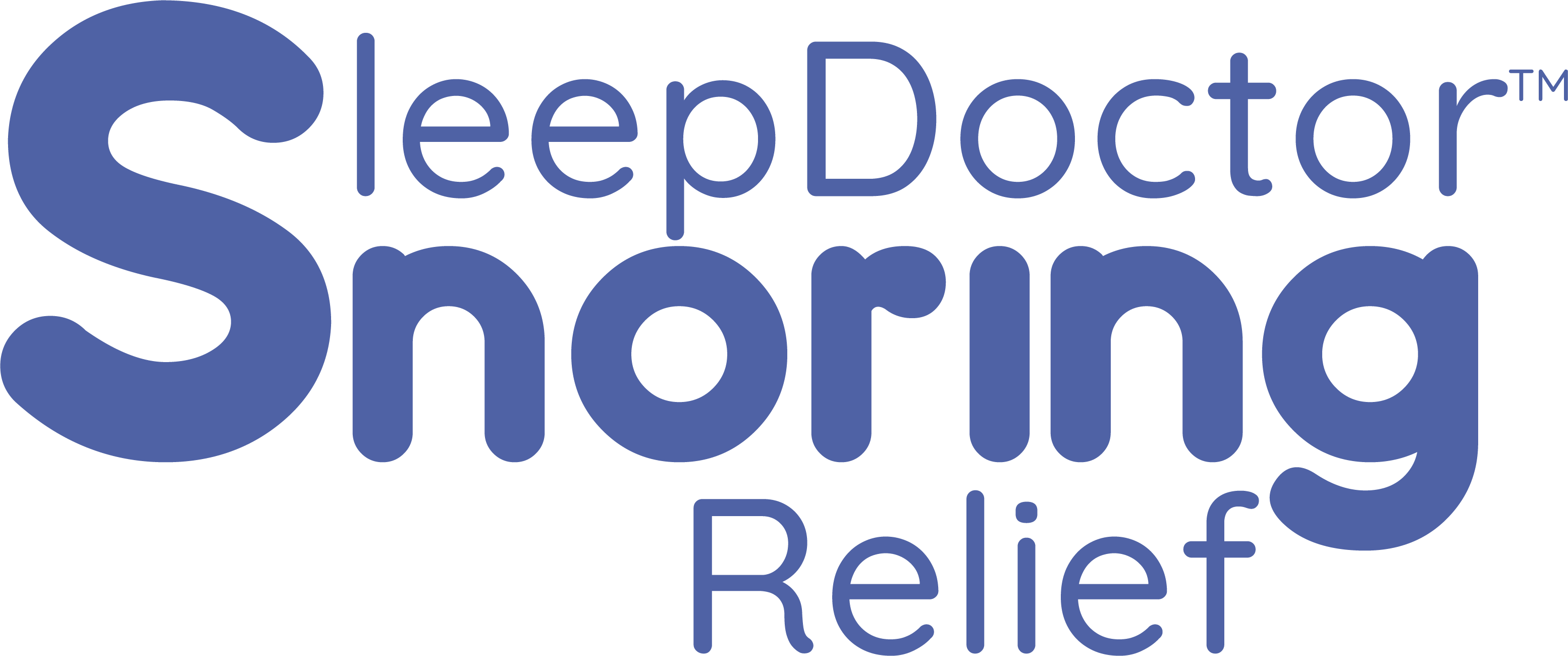If you’re convinced that your partner’s snoring is getting worse with age, you’re not imagining things. A study has found that around 58% of snorers are aged between 50-59. Snoring gets worse over time – and it can be difficult to drown out the rasping sounds escaping from your partner at night.
Snoring can start at any age, but it’s not normal to do so. It’s a sign that there’s an obstruction in your breathing, and that obstruction is the narrowing of your airway when you sleep. Snoring is caused by the muscles in your throat relaxing too much, and fast-travelling air being pulled through the airway. This results in the soft tissue in the back of your throat becoming dehydrated and vibrating. The sounds this makes is what we call snoring.
So why does snoring get worse as we get older?
1) Your muscle tone is decreasing.
Although people can snore at any age, those over 35 have a bigger risk of snoring. With age comes wisdom – and also decreased muscle tone all over your body, including your throat. This means that you might not have the muscular tension needed to keep your airways open properly during the night.
2) We tend to put on weight.
The pattern of weight gain changes as we get older, and we often gain weight around the neck. This makes your airway narrower when you’re lying down at night, making it harder to breathe properly.
3) The menopause is kicking in.
For women, hormonal changes can cause snoring (or make snoring even worse). You’re more at risk of developing sleep apnoea too – estrogen and progesterone maintain your airway’s muscle tone and keep it from collapsing. As these hormone levels drop, the risk of sleep apnoea (where your airway closes up completely) increases.
How do you treat snoring?
There are many options you can try that will help treat snoring. Nasal strips, throat sprays and lozenges all make it easier to breathe. Simple lifestyle changes can also help, such as exercising if you’re overweight.
But it’s also important to look for signs of sleep apnoea if you snore. Sleep apnoea is more common in older adults, and can be a very serious condition. While simple snoring is your throat narrowing, sleep apnoea closes it up completely for around 10-30 seconds at a time. Look out for: daytime sleepiness, gasping/choking in the night, headaches and insomnia.
A CPAP machine is often recommended by doctors for sufferers of sleep apnoea. This helps increase air pressure in the throat so the airway doesn’t collapse. But other options are becoming more popular, such as using an oral device to gently hold your jaw in the right position while you sleep. Doing this opens your airway and helps you breathe easily again. Oral devices can be used to treat both snoring and sleep apnoea.
If you suspect you have a sleep disorder, try and see your doctor as soon as you can. Your health (and your sleep) are worth it!







